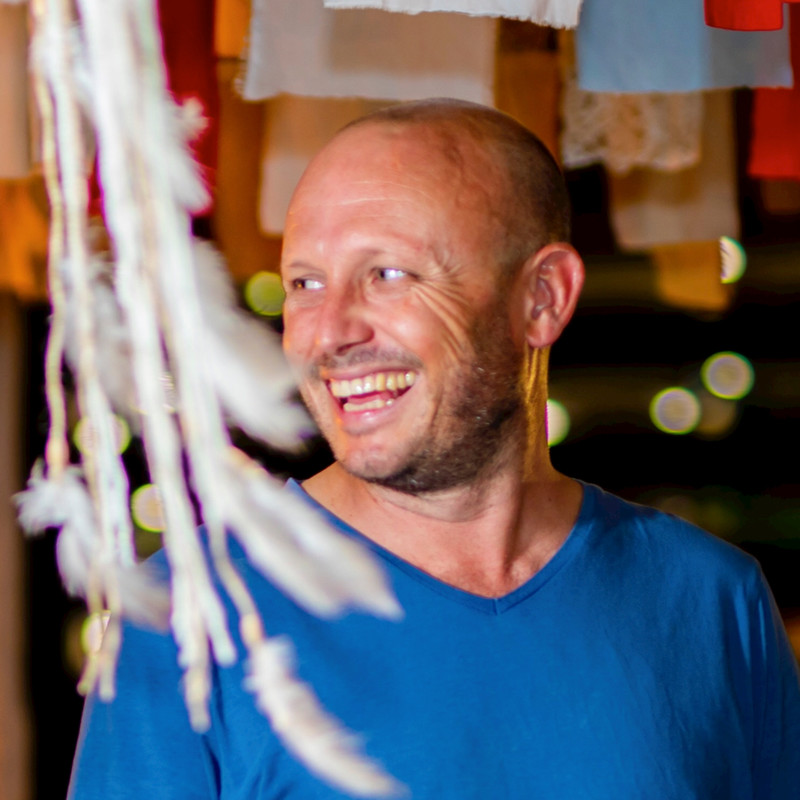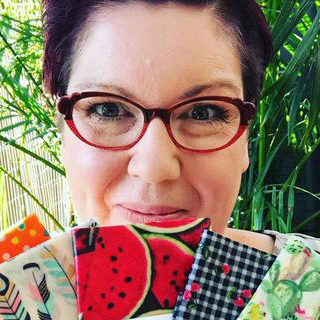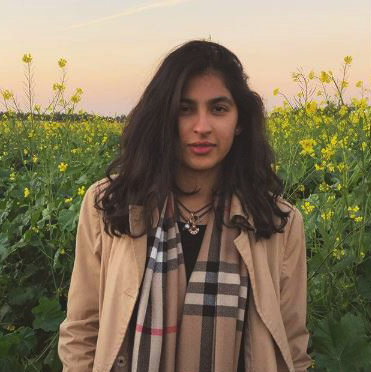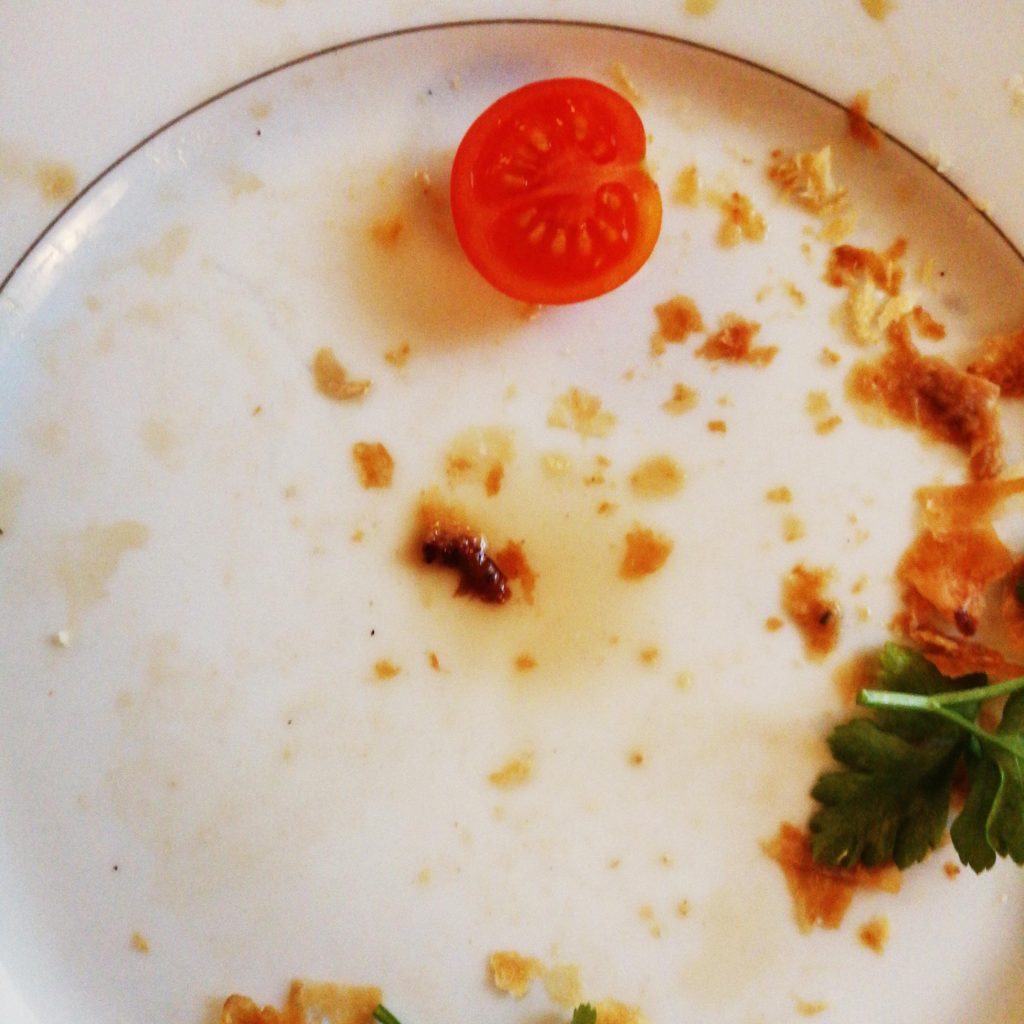065: Why Should We Not Waste Our Food with Ryan Ingram
In this episode, we talk to Ryan Ingram. He is passionate about trees, the Zero-Waste Movement and raising awareness about how we can all live more environmentally responsible lives. He also started a food waste consultancy company, Terraloop providing practical, closed-loop solutions to the foodservice sector.
During this episode, we take a look at why it is important to reduce our food waste. We look at different options to compost and we also look at our plates and how by switching or reducing certain foods we can reduce our carbon and water footprint.
064: How One Wrap Can Reduce Your Plastic Waste with Cheryl Sanders
In this episode, we talk to Cheryl Sanders. She is the founder of Wrappa, an Australian based company that provides the world with fun, funky alternatives to plastic wrap.
During this episode, we take a look at what a reusable food wraps are. What the difference is between the beeswax and vegan wraps are as well as what you can and can not wrap up.
063: How A Robot Is Keeping Our Oceans Clean with Simran Chowdhry
In this episode, we talk to Simran Chowdhry. She is one of the co-founders of Blue Phin, a smart robot that can collect aquatic waste on the surface of commercial water bodies.
During this episode, we take a look at what inspired them to create Blue Phin. How much waste it can remove and why having zero carbon emission for Blue Phin was important to them.
062: Why you should not waste your food with Mariska Nell
061: How being Cheeki can save the planet, one bottle at a time with Anna Millington
In this episode, we talk to Anna Millington. She is the Global Marketing Manager for Cheeki, an Australian company that creates innovative products to promote their Refill Reuse message that is driven to design the most sophisticated stainless-steel range on the planet, for the planet.
During this episode, we take a look at how their products are made, why it is important to look for products that are BPA free and how one reusable water bottle could save thousands of single-use plastic bottles.





